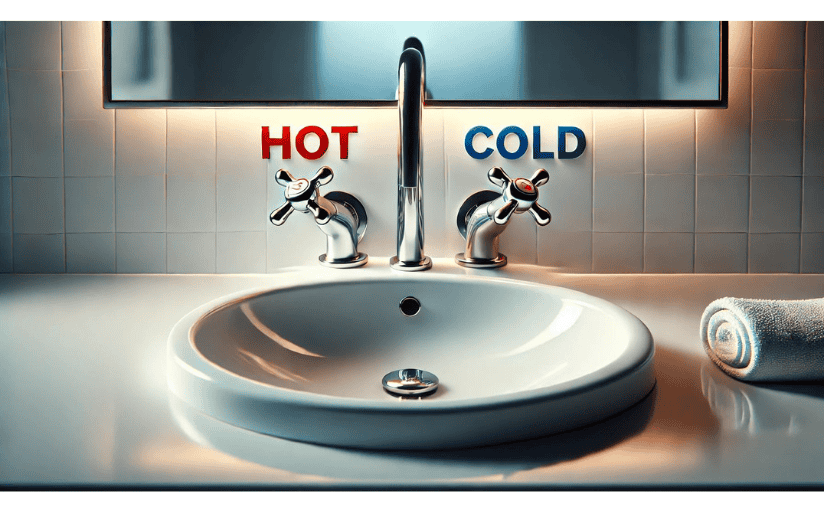If you grew up with siblings, you’ve been surrounded by the answer to “What is an antonym?” for most of your entire life. It was there when you wanted to play My Little Pony and your big sister only had eyes for He-Man. It was there when you ordered your children to sit down and eat while your brother let his kids wreak havoc in that Outback Steakhouse like it was a Los Angeles hotel room circa 1972 and your tiny nieces were Mick Jagger and Keith Richards. Antonyms are opposites, and if you’re like most siblings, for better or worse, you are antonyms personified.
Antonym Definition
An antonym is a word that has the opposite meaning of another word. For example, “up” is the antonym of “down.” “On” is the antonym of “off.” “NBA Champions” is an antonym of “the Los Angeles Clippers.”
OK, so that last one involves a bit of poetic license. My apologies to Clippers fans, too. Both of you.

What Is an Antonym?
The simplest antonym meaning is summed up in a single word: “opposites!”
Did you automatically read that in Grover’s voice, too?
If we want to get more specific, antonyms are usually binary opposites. Think black and white, short and tall, winner and loser, happy and sad.
Antonyms can be several different parts of speech, too:
- Adjectives – skinny vs. fat, urban vs. rural, fast vs. slow
- Nouns – sun vs. moon, mothers vs. fathers
- Verbs – whisper vs. shout, arrive vs. leave
- Adverbs – cruelly vs. kindly, confidently vs. self-consciously
- Prepositions – above vs. below, to vs. from
What Is the Antonym of an Antonym?
Synonyms are the opposite of antonyms. You remember those guys, right? Synonyms are words that fundamentally mean the same thing. “Queasy,” “nauseated” and “barfy” are all synonyms for “sick,” for example. So is “ill.”
When you crack open your thesaurus, physical or digital, to find another word for something, you’re looking for synonyms — and, depending on the thesaurus you’re using, that list of synonyms will be trailed by a handful of antonyms, too.
3 Types of Antonym Meaning
Opposites are everywhere. To help writers use the right antonym for the job, antonym aficionados typically classify them into three categories.
1. Converse Antonyms
Let’s get the heartbreak out of the way: These antonyms have nothing to do with timeless Chuck Taylor sneakers. Instead, converse antonyms are those that are part of a reciprocal relationship. In other words: You can’t have one without the other.
Check out these examples to see what I mean:
- Buy vs. sell
- Teacher vs. student
- Night vs. day
- Above vs. below
- Child vs. Parent
Stop for a second to think each of these examples through, and you’ll see that each half of the pair needs the other to exist. You can’t buy a robot vacuum that also makes a mean Manhattan if nobody’s selling one. Believe me; I’ve tried.
2. Complementary Antonyms
Antonyms that express an either/or relationship go in this bucket. Here are five quick examples:
- Yes vs. no
- Awake vs. asleep
- Alive vs. dead
- Push vs. pull
- Silence vs. Noise
You know that worn-out line about how you can’t be “a little bit pregnant?” Complementary antonyms operate on the same idea. Each has a clearly defined opposite.
Take “on” and “off,” for example. In virtually every context, something can’t be “a little bit on.” I can’t tell my husband to go turn the dishwasher “sort of on. You know, like 70% on.” I mean, I could do that, but I think my husband would be quick to (A) remind me that the dishwasher can either be off or it can be on, and (B) suggest that we take a quick trip to the ER to get my head checked out.
What makes complementary antonyms different from converse antonyms is the fact that complementary antonyms can exist without each other. They’re independent. Until science has a super-scary breakthrough, you can’t have a “child” without its converse antonym, “parent.” In contrast, you can totally have a family that has a “mother” but not its complementary antonym, “father.”

3. Gradable Antonyms
Gradable antonyms are word pairs that can be qualified somehow. “Hot” and “cold” are gradable antonyms, for example, because their meanings are easily restricted to be more descriptive. A pot of water can be “scalding hot” or it can be “a little bit warm.” Your parents’ basement can feel “kind of chilly” or it can feel “colder than Chicago in February.” If there’s a sliding scale of some sort involved, that antonym is gradable.
Here are five more examples of gradable antonyms:
- Wet vs. dry
- Boring vs. exciting
- Tidy vs. messy
- Loud vs. quiet
- Bright vs. dark
IDing “What Is an Antonym?” Just Got More Interesting
Turns out it’s not just the opposite of something; it’s the converse, complementary or gradable opposite of something. Fancy, right? OK, maybe not, but knowing the difference between these three types of antonyms can upgrade your writing XP by boosting your specificity skills.
Got any antonym questions or pairs to share? Drop them in the comments below like Clippers all-time turnover leader Blake Griffin drops the rock.


Leave a Reply